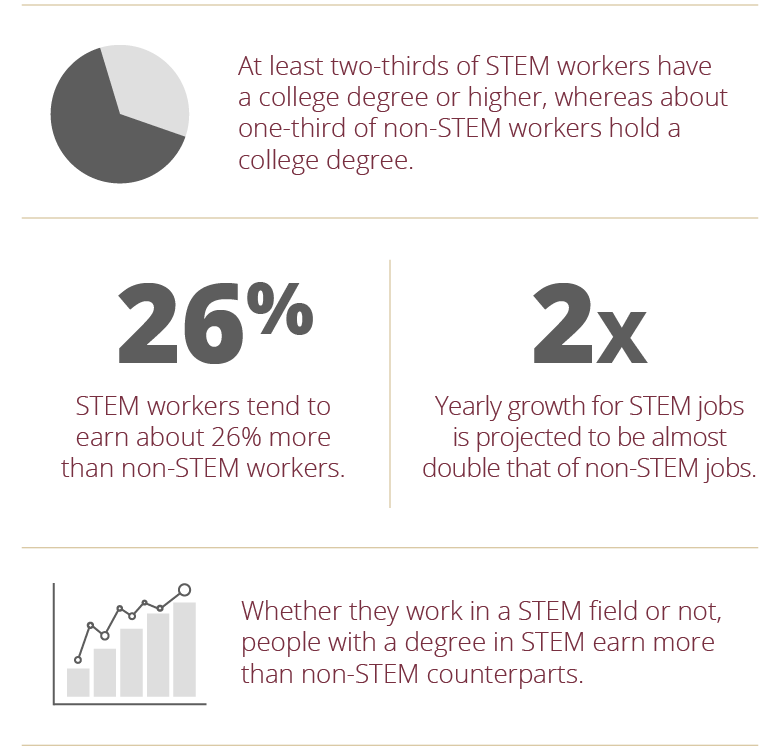As a nation, our education industry has recognized a shortcoming in our students. We've fallen behind other industrialized countries in terms of STEM-related fields, which include Science, Technology, Engineering, and Mathematics. Not only does a STEM-focused education open students to new subjects, it also allows for different learning methodologies to be utilized. Creativity in class structure promotes innovative thinking in your students. When you put a spotlight on project-based learning - which is common in STEM - you provide opportunities for authentic growth and development. Perhaps you see yourself observing a group of young students as they attempt to create a working light out of wire, batteries, a switch and a small bulb. The only direction you offer is that the switch must be used. While walking around the room, you listen as students work together to create their light, periodically calling the students together to offer guidance through questioning. Ultimately, teachers in STEM fields have the opportunity to give their students room to explore, experiment and solve problems logically. Teaching STEM in elementary grades opens the door for teachers and students to become tomorrow's movers and shakers. Young children with a strong foundation in science, technology, engineering and mathematics will go on to play an integral role in our nation's global competitiveness and economic stability. Teachers can foster critical thinking through problem-solving in elementary STEM education and provide students with an academic edge over the competition. The advantages of teaching STEM early also become obvious when you look at statistics from the U.S. Department of Commerce.

Even the President himself has expressed a need for 100,000 innovative STEM teachers to be trained over a ten year period. You can do your part to improve the outlook of the U.S. as a true global competitor.

At FSU, you can explore the ways you can impact the next generation of global thinkers. Students deserve to get a head start in preparing for the jobs of the future. Elementary STEM education extends well beyond simple computations; by using science, technology, engineering and mathematics concepts in your classroom, your students will become problem solvers as they investigate real world problems in the global sphere. Learn More About Our Ph.D. in Science Education and our Ph.D. in Mathematics Education.


